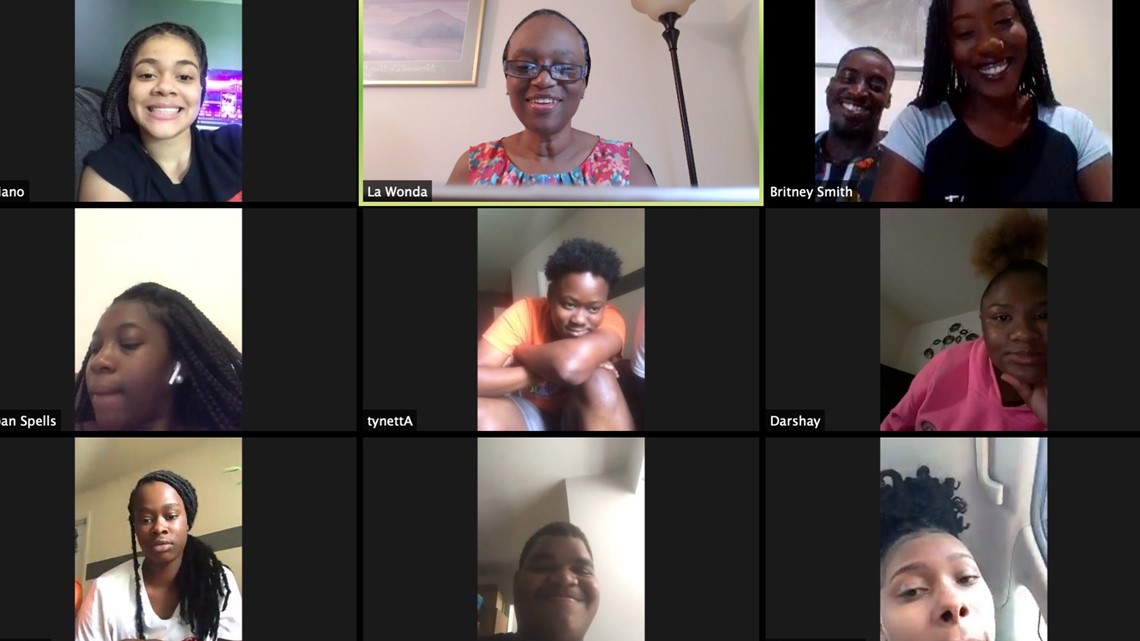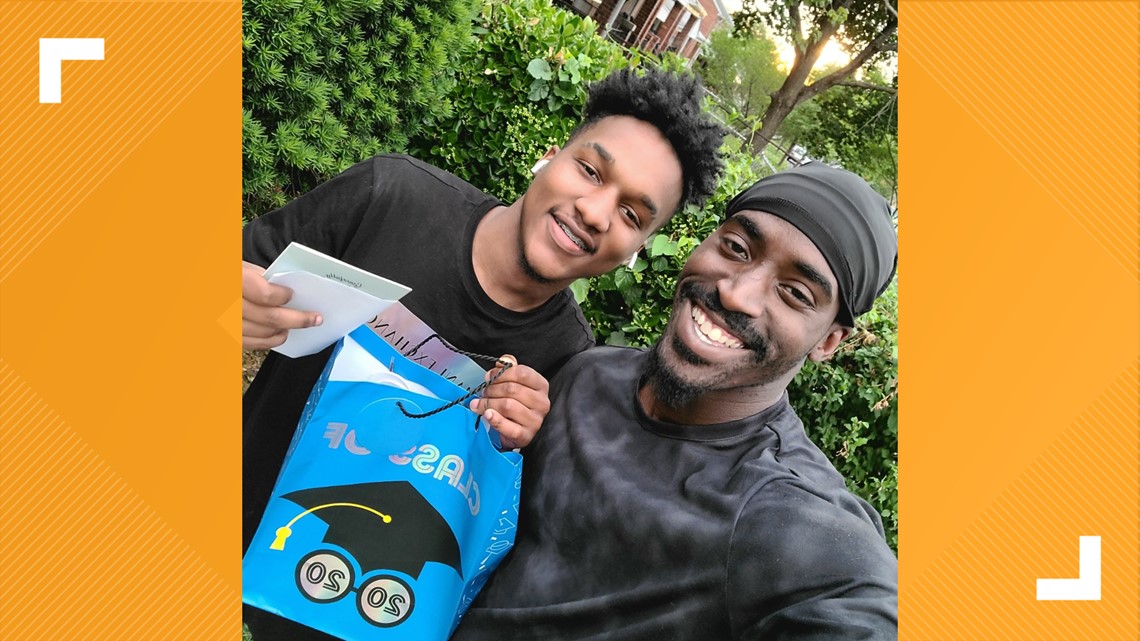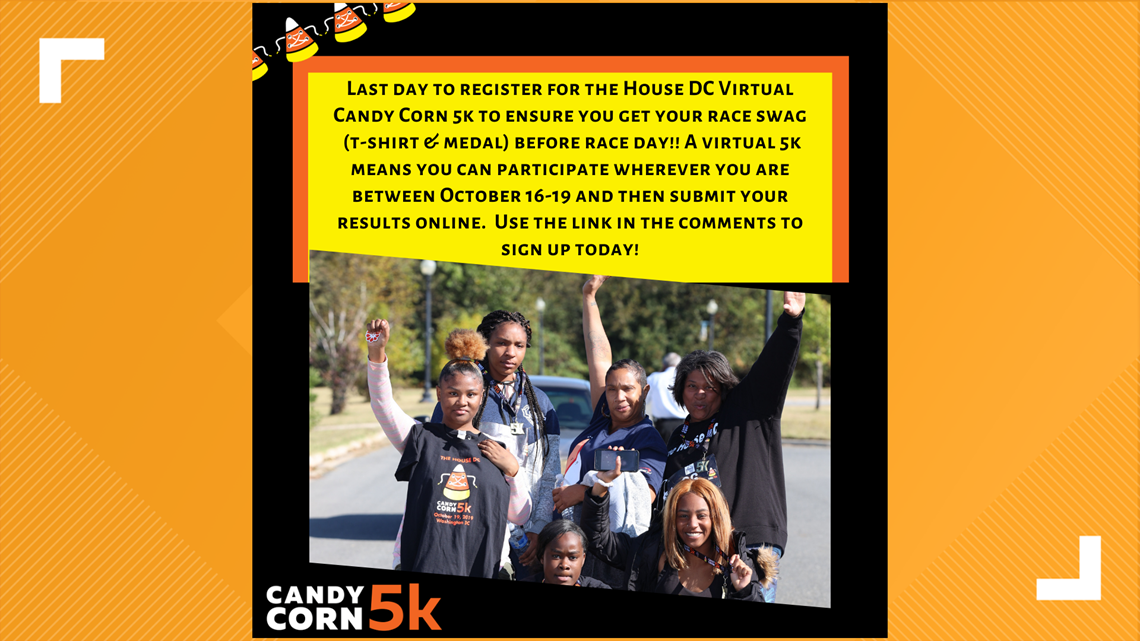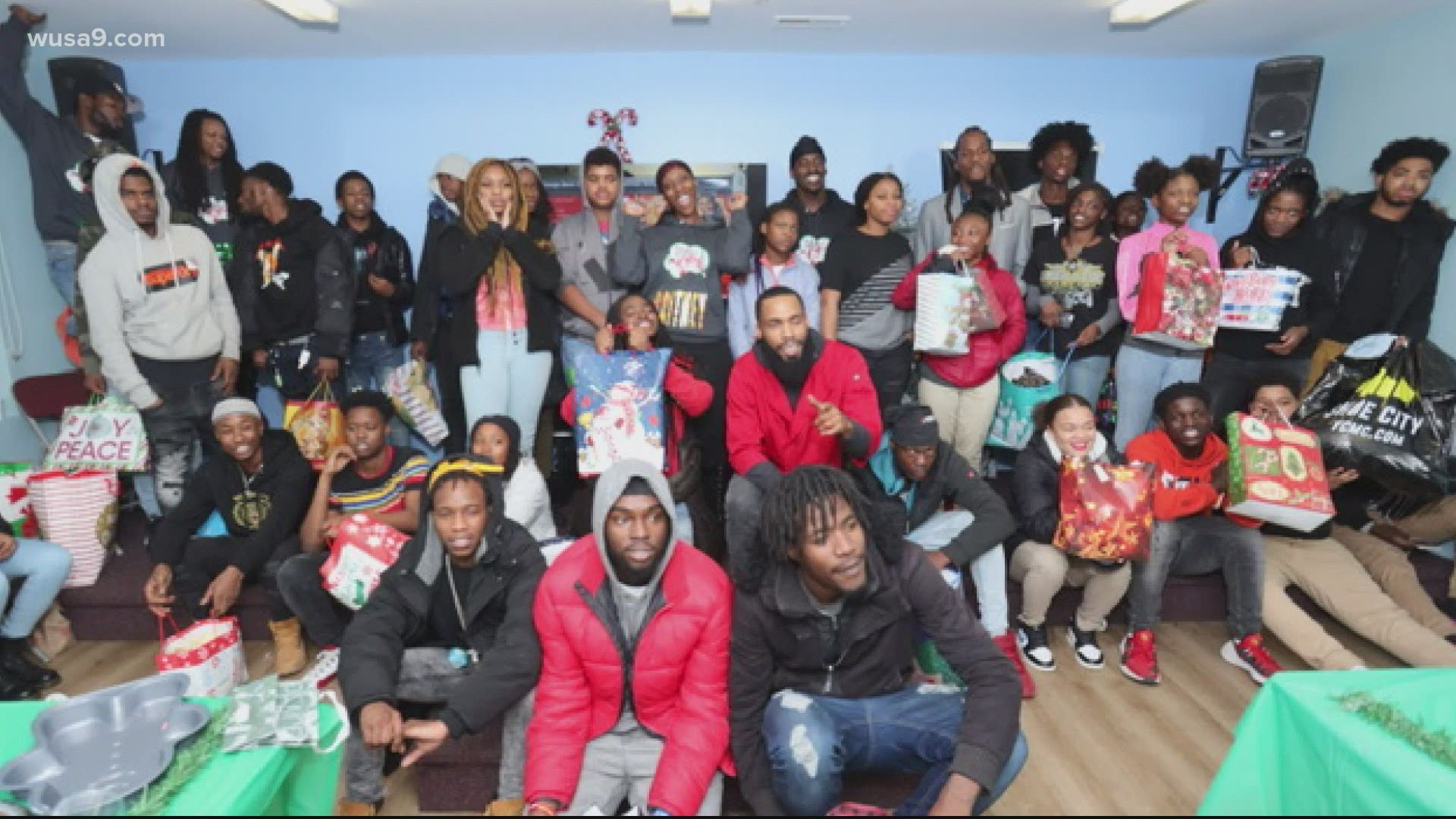WASHINGTON D.C., DC — For the last two decades, The House DC has been a fixture in Anacostia, providing a safe place for young people to hang out instead of getting in trouble on the streets by breaking cycles of poverty, homelessness, incarceration and unemployment.
“We believe that you have to meet young people where they are. That's the only way that you can earn that right to be heard in their lives,” La Wonda Bornstein, president and CEO of The House DC, said. “The kids come in after school, they've got a game room, they've got state of the art recording studio where they can use that studio to release their pain and how they're feeling instead of out on the streets. We feed the kids a meal every night, and we provide extra plates for them to take home for family members.”
However, this school year things are different. D.C. schools are doing distance learning and The House DC, which operates on a school schedule, has also had to keep its door closed to in-person students. That's no small setback at a time when underprivileged youth face a mountain of challenges.
“They just don't have the space, they don't have the strong internet connection, they don't have the person sitting there helping them with their work," Bornstein said of students learning from home.
Bornstein said some of the Southeast students who are a part of The House DC used the home away from home as an outlet to have a place to go, as well as a safe place to get a warm meal. She said because of COVID, students no longer have that community to physically walk into, which is why they launched the Online Lifeline.


“How are we going to get our 10th graders to 11th grade, 11th to 12th, and get our 12th graders to graduate?” Bornstein asked of The House DC’s students. “That's why we created an Online Lifeline, and our focus with this particular group of kids is getting them to the next level and one of the ways that we're doing that is through incentives.”
The incentives of participating in school include possibly winning a gift card, Bornstein said.
In addition to incentives, The House DC is also providing support to their families by ensuring each student has a stable place to live and learn, providing food and rental assistance, making sure each student has the proper technology to learn, offering tutoring, planning socially distanced activities, providing tips and incentives to parents for keeping their youth in school, and online after-school activities four days a week.
In The House DC’s 21 years of operating in the community, Bornstein said they have had a 97% graduation rate of students who were apart of The House DC. She said that didn’t happen because of an academic program, but because of hope that young people found.
“The House is that outlet that provides you an alternative from what the street offers," Bornstein said. "There’s hope, there's a safe place, there's people that love you, you're not going to be abused, you're not going to be threatened. And that's a difference between what we do and what they have to experience. To hear young people talk about how they would be dead if they hadn't come to the house, to hear them be employed, to have graduated, to go to college, to be married with children with their own families. We've just had so many successes where we just heard those stories about the impact that we've made."


Those successes aren’t stopping because of COVID-19. However, with the assistance being provided Bornstein said they really need support as they continue to help people with whatever resources they need.
“We really need financial support for the incentives that we're providing for our young people to keep them in school to move to the next level,” the CEO said.


The House DC also provides a weekly grocery pickup for the community, helps community members find jobs, and provides life skills education to prepare students for the next stage of life.

